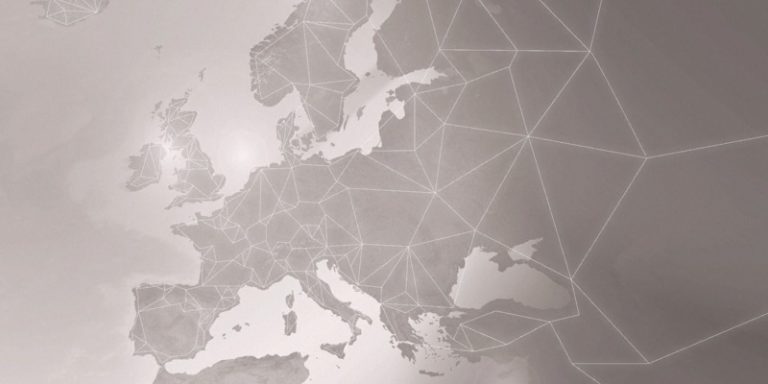
The European Parliament has adopted a first set of proposals to establish a regulation on artificial intelligence (AI) in the European Union (EU). The objectives are to strike a balance between protecting citizens and supporting technological development, to establish a forward-looking civil liability system to protect individuals and companies, and to put in place an effective intellectual property regime and safeguards for developers.
Last Tuesday MEPs therefore adopted proposals on how best to regulate artificial intelligence in order to boost innovation and confidence in the technology.
Parliament is one of the first institutions to make recommendations on what rules on artificial intelligence should include in relation to ethics, liability and intellectual property rights. These recommendations will pave the way for the EU to become a world leader in the development of AI. The Commission is expected to present a legislative proposal early next year.
An ethical framework for AI
The legislative initiative by Spanish Socialist MEP Iban García del Blanco (S&D, ES) encourages the Commission to propose a new legal framework setting out the ethical principles and legal obligations to be respected in the development, deployment and use of AI, robotics and related technologies in the Union, including software, algorithms and data.
It was adopted by 559 votes in favour, 44 against and 88 abstentions.
Future legislation should be developed in accordance with a number of guiding principles, including: human-centred and human-developed artificial intelligence; security, transparency and accountability; safeguards against prejudice and discrimination; the right to redress; social and environmental responsibility; and respect for privacy and data protection.
High-risk AI technologies, such as those with self-learning capabilities, should be designed to allow human control at all times. In the event that the use of a feature would result in a serious violation of ethical principles and could be dangerous, self-learning capabilities should be disabled and full human control should be restored.
Liability for damage caused by AI
The legislative initiative by Axel Voss (EPP, DE) calls for a forward-looking liability framework that would make those using high-risk artificial intelligence strictly liable for any damage resulting from its use. A clear legal framework would stimulate innovation by providing companies with legal certainty, while protecting citizens and building their confidence in AI technology by preventing potentially dangerous activities.
The rules should apply to physical and virtual AI activities that harm life, health, physical integrity, property, or cause significant intangible damage, if they result in “verifiable substantial economic loss”. Although high-risk AI technologies are still rare, MEPs believe that operators of AI systems should take out insurance similar to that for motor vehicles.
The legislative initiative was adopted by 626 votes in favour, 25 votes against and 40 abstentions.
Intellectual property rights
The report by Stéphane Séjourné (Renew Europe, FR) makes clear that the EU, as a world leader in AI, needs an effective intellectual property rights (IPR) system and safeguards in the EU patent system that protect innovative developers. According to the report, the interests of human creators as well as the ethical principles of the Union must not be impacted.
MEPs believe it is essential to make a distinction between AI-assisted human creations and autonomous AI creations. They specify that AI should not have legal personality; therefore, IPR should only be granted to human beings. The paper examines in more detail copyright, data collection, industrial and commercial secrecy, the use of algorithms and ultra-realistic video faking.
The report was adopted by 612 votes in favour, 66 against and 12 abstentions.
Translated from Le Parlement européen ouvre la voie à une première série de règles sur l’intelligence artificielle









